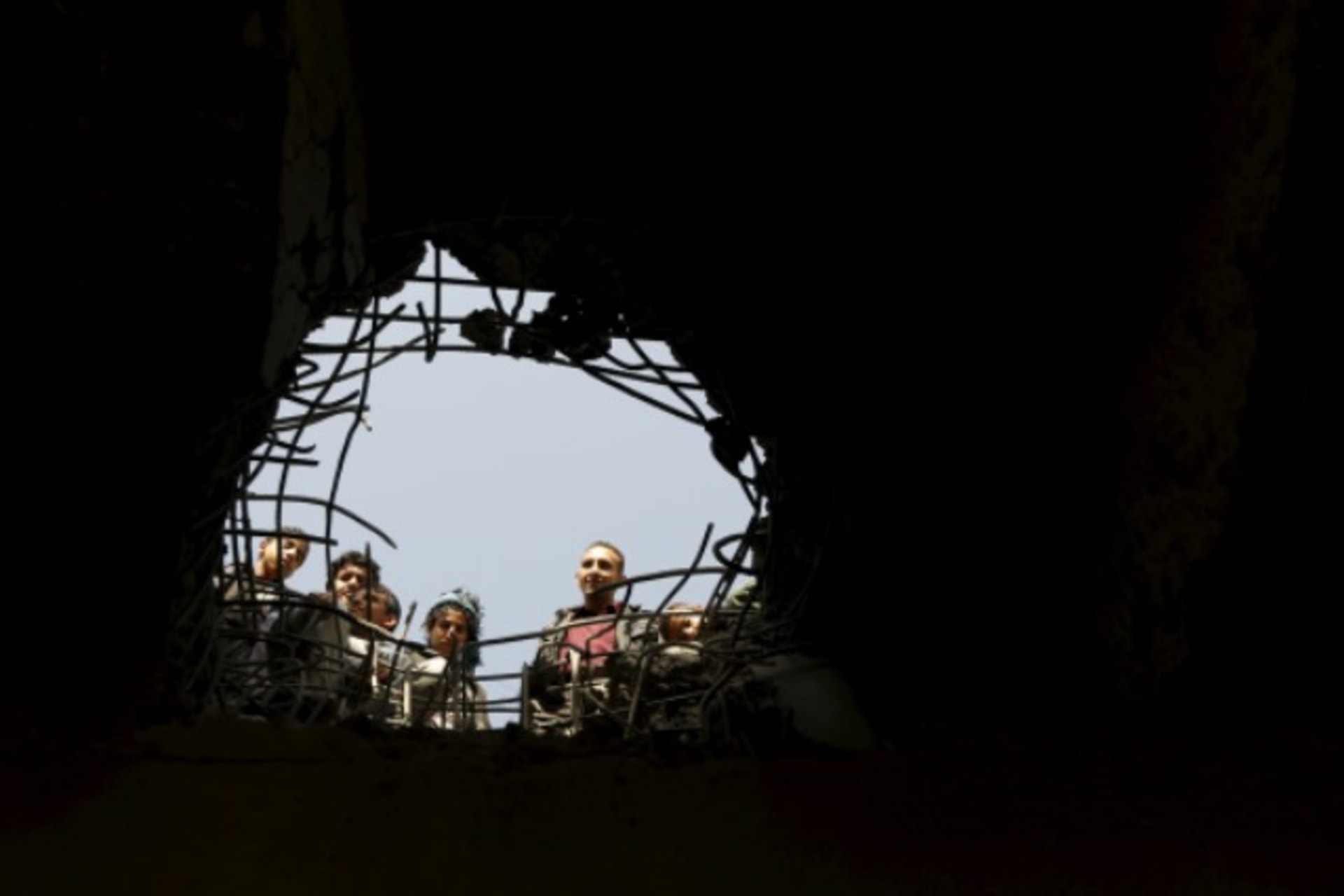Obama’s Worst Foreign Policy Decision, Two Years Later

By experts and staff
- Published
By
- Micah ZenkoSenior Fellow
You probably missed it, but Saturday was the second anniversary of President Barack Obama’s worst and most indefensible foreign policy decision. Late on the evening of March 25, 2015, the White House posted a statement from National Security Council spokesperson Bernadette Meehan on its website: “President Obama has authorized the provision of logistical and intelligence support to GCC [Gulf Cooperation Council]-led military operations. While U.S. forces are not taking direct military action in Yemen in support of this effort, we are establishing a Joint Planning Cell with Saudi Arabia to coordinate U.S. military and intelligence support.”
With only that quiet statement—and absent a single congressional hearing or any public debate—the United States became a co-combatant in yet another open-ended war of choice in the Middle East. My latest column in Foreign Policy recognizes the two years of U.S. support for the Saudi Arabia-led intervention in Yemen, which has devastated Yemeni infrastructure and killed an estimated five thousand civilians—but has brought Saudi Arabia no closer to defeating Houthi rebels:
As the U.N. Panel of Experts documented in its excellent report released in January, the Saudi-led coalition has violated international humanitarian law and human rights law with its use of air power at least 10 times in 2016. The 10 documented strikes resulted in “292 civilian fatalities, including at least 100 women and children.”
Most horrific was the Oct. 8, 2016, “double-tap” bombing of a community hall in the capital of Sanaa that resulted in at least 827 civilian fatalities and injuries. The airstrike targeted a funeral gathering, first with a U.S.-supplied “GBU-12 Paveway II guidance unit fitted to a Mark 82 high explosive aircraft bomb,” dropped at 3:20 p.m., followed by a second one minutes later as mourners were still reeling. As the U.N. report notes, “the air campaign waged by the coalition led by Saudi Arabia, while devastating to Yemeni infrastructure and civilians, has failed to dent the political will of the Houthi-Saleh alliance to continue the conflict.”
Yesterday, the Washington Post and Foreign Policy reported that President Donald Trump may expand U.S. military support for the Saudi-led bombing campaign. This includes more operational planning, logistics, and refueling support, and may also feature direct support for an Emirati-led ground intervention against a Red Sea port held by Houthi forces. These measures are being debated and approved faster than under the Obama administration because, according to one Pentagon official, the absence of civilian leaders means “the [Pentagon hierarchy] has flattened, so from a military perspective you have a little more agility, and can make decisions more quickly,” adding “the military has a bias to action and we’d rather act than sit there and ponder it forever.” Another senior administration official indicated that the United States must support whatever the Saudi-led coalition does because the situation may escalate, “and our partners may take action regardless. And we won’t have visibility, and we won’t be in a position to understand what it does to our counterterrorism operations.”
Both of these sentiments should be disconcerting given the aimlessness and unfolding tragedy of the two-year, U.S.-supported intervention in Yemen. One would hope that the Trump administration’s rush to further deepen U.S. military involvement in the Middle East would generate interest and criticism among Congress, major media outlets, and the American public. But given the relative free-hand and limited oversight that has come to characterize the United States’ forever war, I would not expect any coherent opposition, or even sustained attention.
Again, for my full thoughts see today’s column, and also what I warned of with a column two years ago: “Make No Mistake — the United States Is at War in Yemen.”